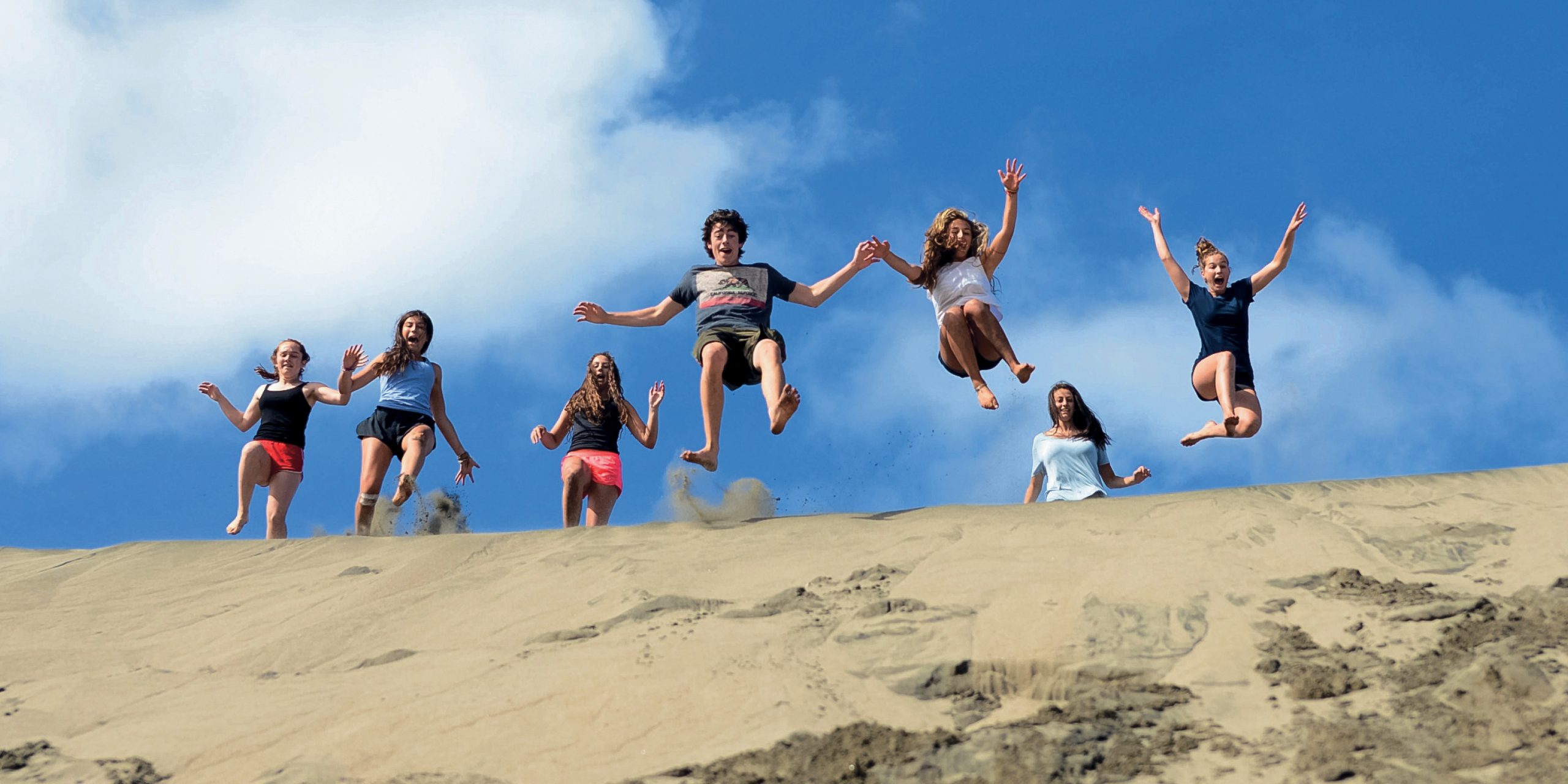"I looked around and took in every detail. Some were struggling to use a chopstick, food was being switched around so people could try everything, and laughter was everywhere. I thought to myself, how lucky am I to be here, right now, in this moment? I felt such inner content and joy, it was hard to believe that I was ever anxious about being there."

